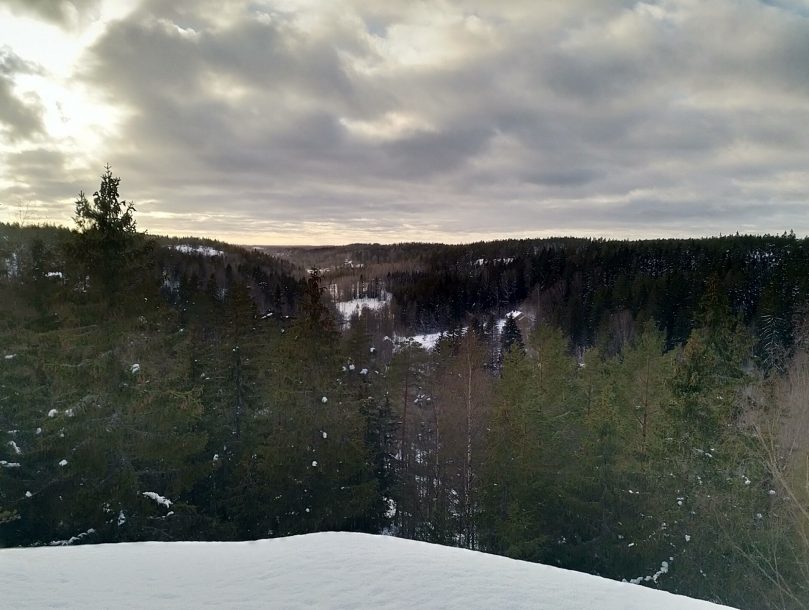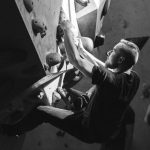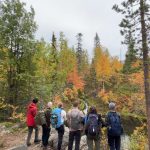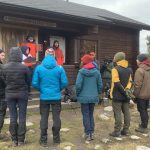In the state of mastery, I am prepared to face setbacks and deviations and know how to navigate through them.
Antti Mäkinen
In the past couple of weeks I’ve been studying HUMAK’s Community Educators as Adventure Education Experts online course. In the course I familiarised myself with occupational literature. I learned about the basic skills and competencies of an adventure educator. I learned about adventure education networks here in Finland and about possible career paths and professional orientations.
Firstly, I just want to express that I found the course to be very informative and I actually really enjoyed reading through the materials and having my own reflections. The course was well constructed and easy to follow. I had many insights during the course, having to do with how we learn as individuals and evolve as a species.
Interestingly, as I read through the literature, I noticed that I already knew many of the key points of information, although I don’t recall studying this specific topic in such detail before. Much of it felt pretty axiomatic. It could be that through some other inquiry I may have visited these ideas in some form in the past.
In this post, I will abruptly focus on facilitating mastery through challenges, as it was one of the more interesting topics on the course. In this article, I will quote the book Adventurous Learning by Simon Beames and Mike Brown.
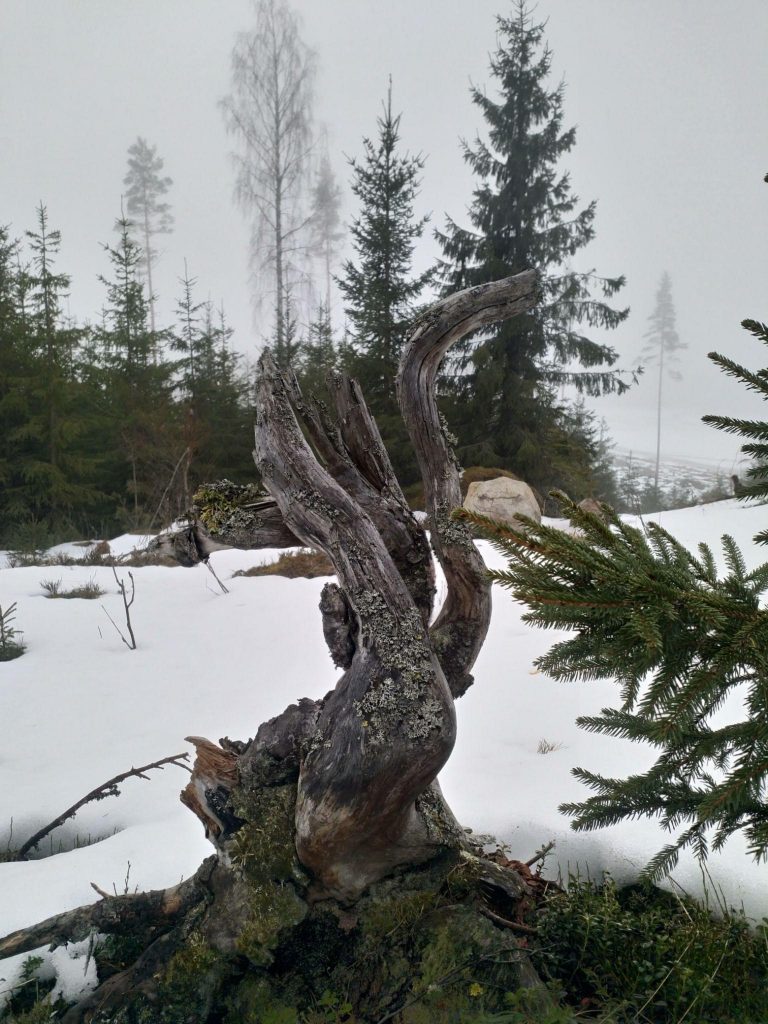
What Is Mastery?
Mastery is defined as a “consummate skill, ability, or accomplishment” and the “command or comprehensive knowledge of a subject, art, or process”.
Beames & Brown, 2016, p. 95
Personally I feel that mastery is a state of being. When I have mastery over a specific skill, I feel confident in my ability to perform that skill and it feels natural for me to do so. In the state of mastery, I am prepared to face setbacks and deviations and know how to navigate through them. I recognise that I still have a lot to learn, but I feel confident in my ability to do so, as my existing skills create a sound foundation for further exploration. In the state of mastery, there is the opportunity to experience a state of flow.
When a person is in a state of flow, they are operating at optimum capacity and may ‘lose themselves’ in the activity. Time seems to stand still, there is an effortlessness to our actions and we may feel at one with our environment.
Beames & Brown, 2016, p. 96
In order to achieve mastery and to experience the ‘flow state’, often challenges will have to be faced. A challenge does not have to be risky, nor does it have to be significant in any objective measure. What qualifies as a challenge is always subjective to each learner, and a good educator understands that.
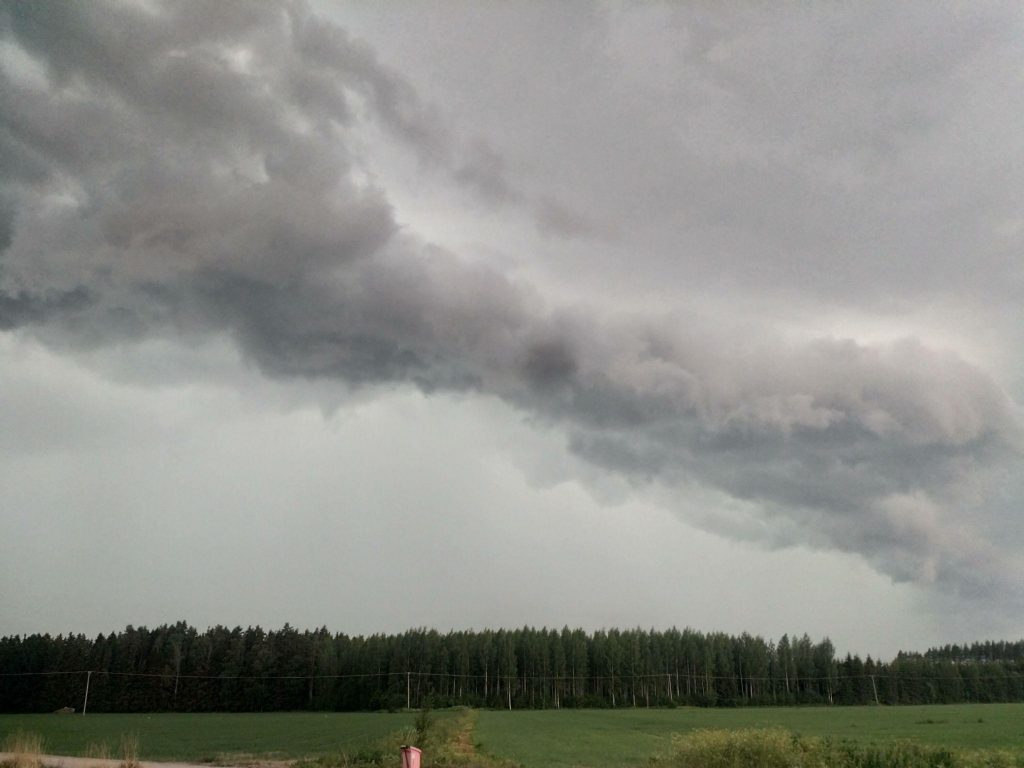
Achieving Mastery by Facing Challenges
We view challenge as a “demanding task … seen as a test of one’s abilities”. To test or extend one’s ability is to build on a foundation of existing knowledge and experience, and to develop new skills which will lead to mastery and a skilful performance.
Beames & Brown, 2016, p. 89
In order to facilitate a successful learning experience leading to mastery, the challenges faced need to be appropriate for the learner. If the challenge is too low, the learner will eventually get bored and lose motivation, and if the challenge is too high, it might lead to the learner experiencing anxiety.
Berman and Davis-Berman note that “the greatest amount of change and growth comes from a place of comfort, security and acceptance.”
Beames & Brown, 2016, p. 94
It is the educator’s role to create a safe learning environment, so that learning can take place naturally and enjoyably.
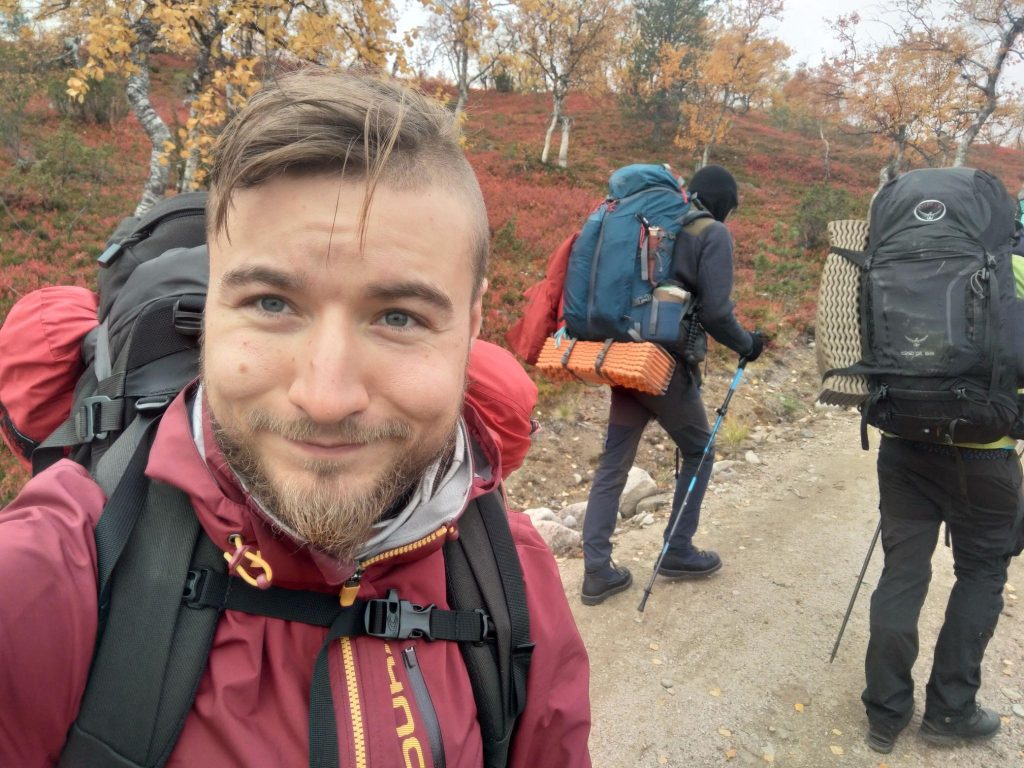
References
Beames, Simon, and Mike Brown. Adventurous Learning: A Pedagogy for a Changing World, Taylor & Francis Group, 2016. P. 95. P. 96. P. 89. P. 94.
Blog by Antti Mäkinen
